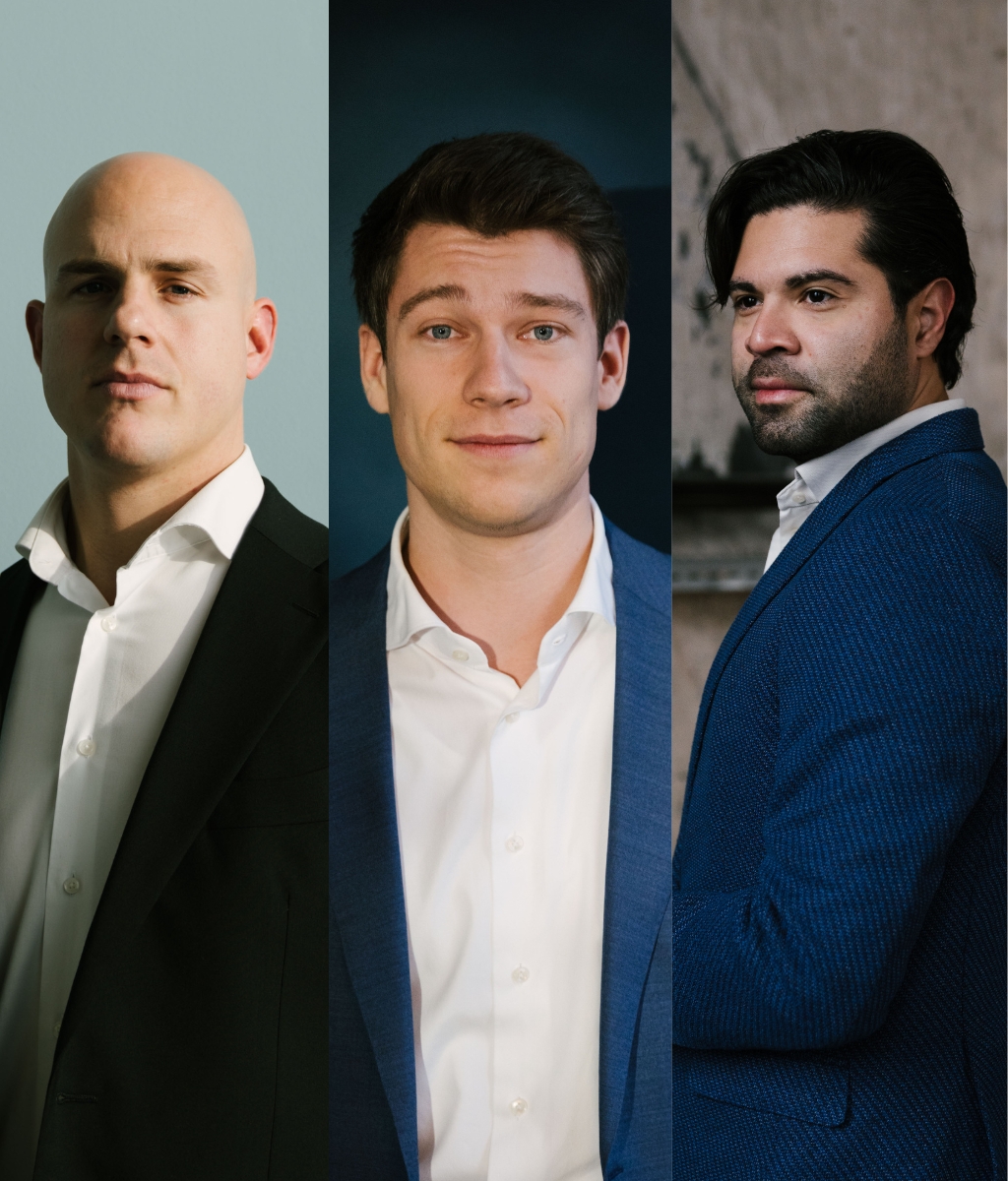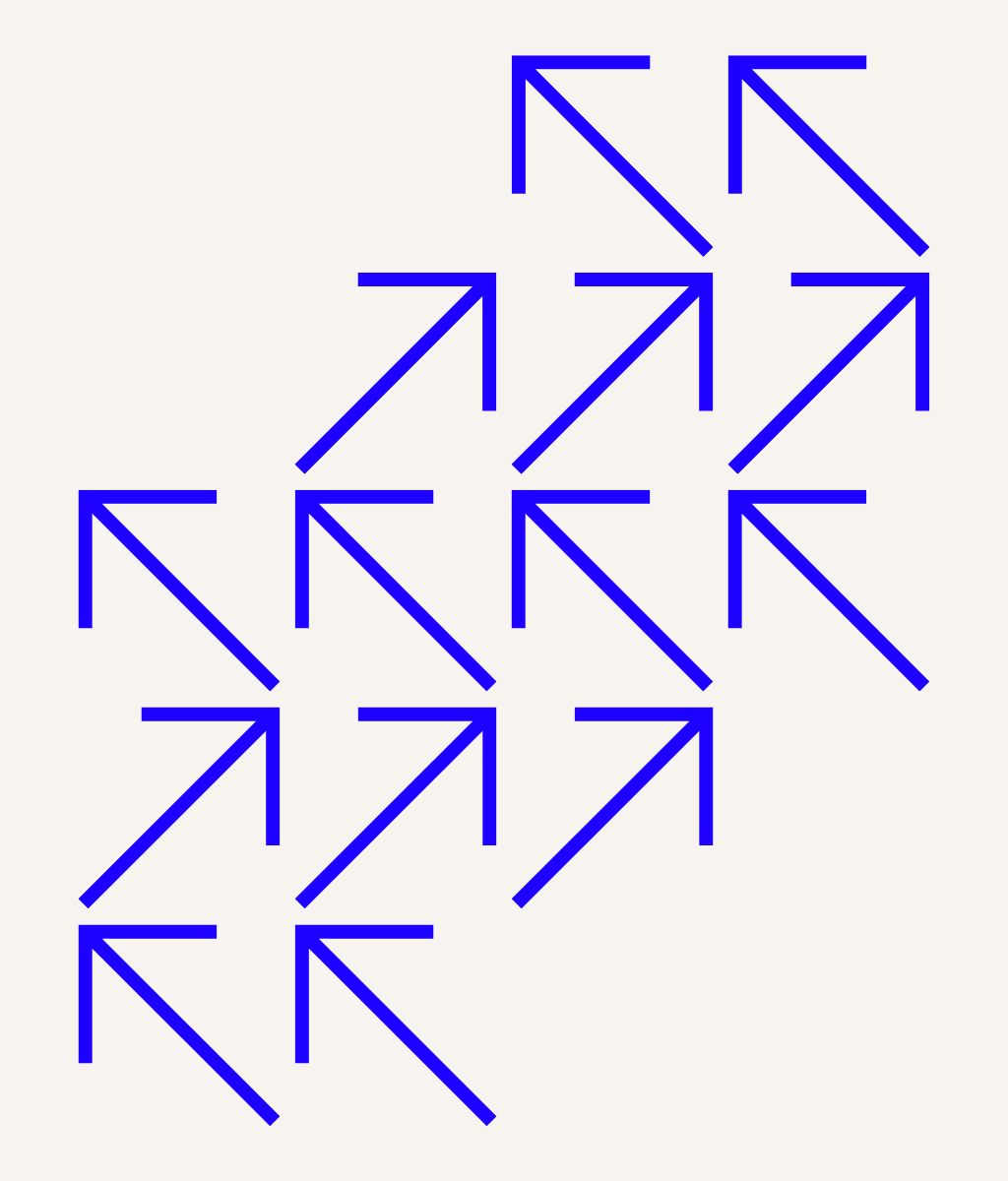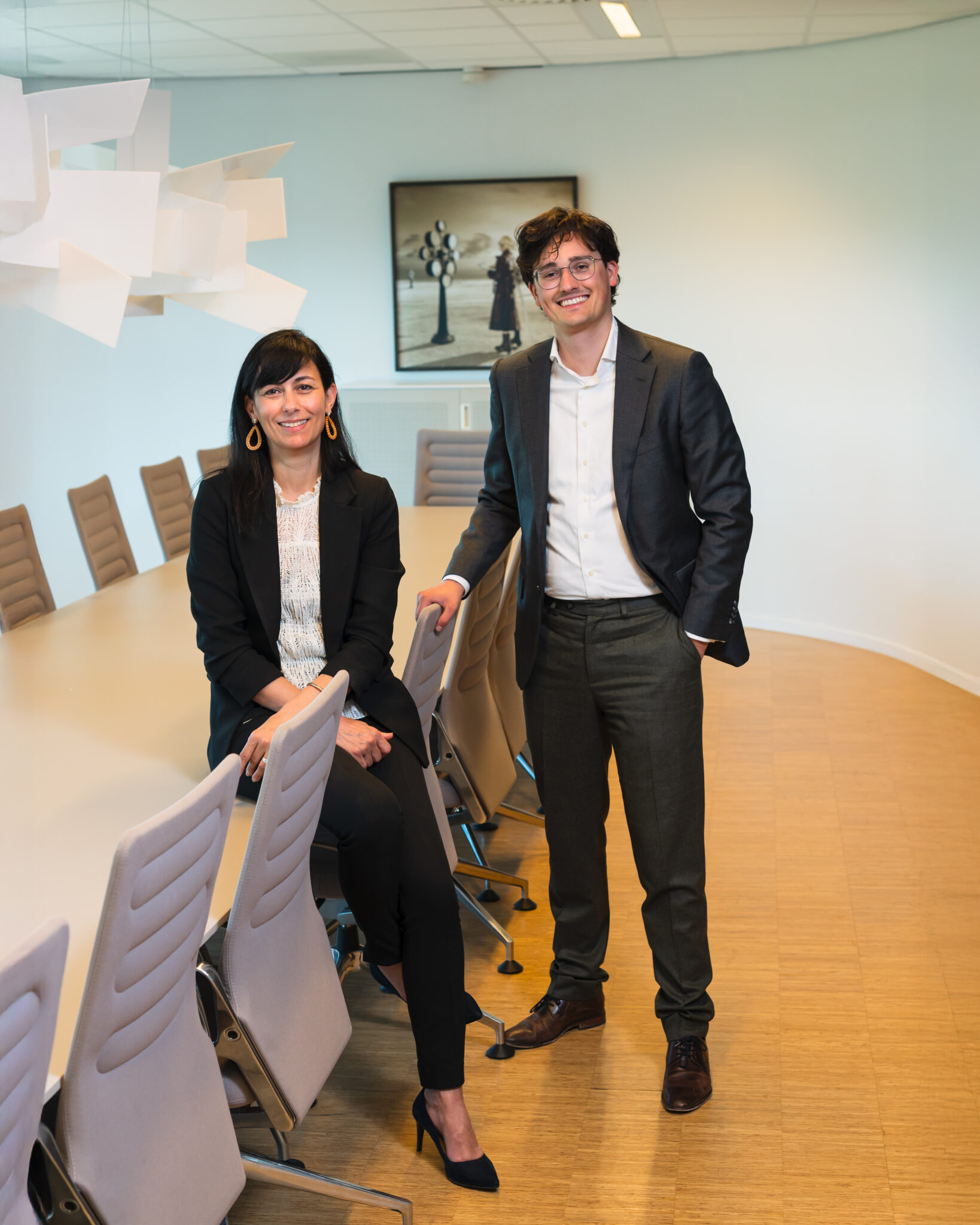The Lawyer, as human
However, experts agree that the lawyer, as a human, will never disappear. Generative AI is a powerful tool, but it is limited in the depth and nuances that only humans can provide. Just like a robot chef that knows all the cookbooks by heart but has no sense of taste or smell, Large Language Models can analyze and summarize legal texts but will struggle to grasp complex legal contexts and human emotions. While generative AI can provide knowledge and suggest texts, it is up to the lawyer to assess and apply these suggestions within the specific context of each case. Ensuring the quality of legal advice, as expected from a lawyer, remains crucial. The possibility of so-called ‘hallucinations’ – errors – highlights the importance of critical thinking and human oversight.
Responsibility
With the rise of new technologies comes the responsibility to use AI ethically and transparently. This is not just about ethics but also about legislation. New rules for the use of AI are being developed, and law firms must closely follow these to meet legal obligations. This responsibility applies not only to law firms; all businesses and organizations must comply with certain legal requirements. It is up to the lawyer to advise their clients on the legal requirements of their AI usage.
As we transition to a future where AI plays a significant role, it is essential for lawyers not only to embrace the technology but also to learn how to use it effectively. At Boels Zanders, the focus is on client-driven innovation. A group of lawyers is working hands-on with Large Language Models based on practical experience, quickly determining what is and isn’t applicable. Successful tools, prompts, or practices are then shared across the organization, ensuring everyone stays informed about new developments.
Collaborating with AI
The future of the legal profession does not lie in replacing humans with machines but in careful collaboration, where AI enhances the capabilities of human lawyers. The ‘AI-augmented lawyer’ is a reality already taking shape. For lawyers who want to stay ahead, embracing this technology is a necessary step. The key is to balance technological advancement with ethical responsibility and human expertise.
* A Large Language Model (LLM) is a type of artificial intelligence trained on vast amounts of text to understand, generate, and predict human language. LLMs are used for tasks such as text generation, translation, and summarization.


